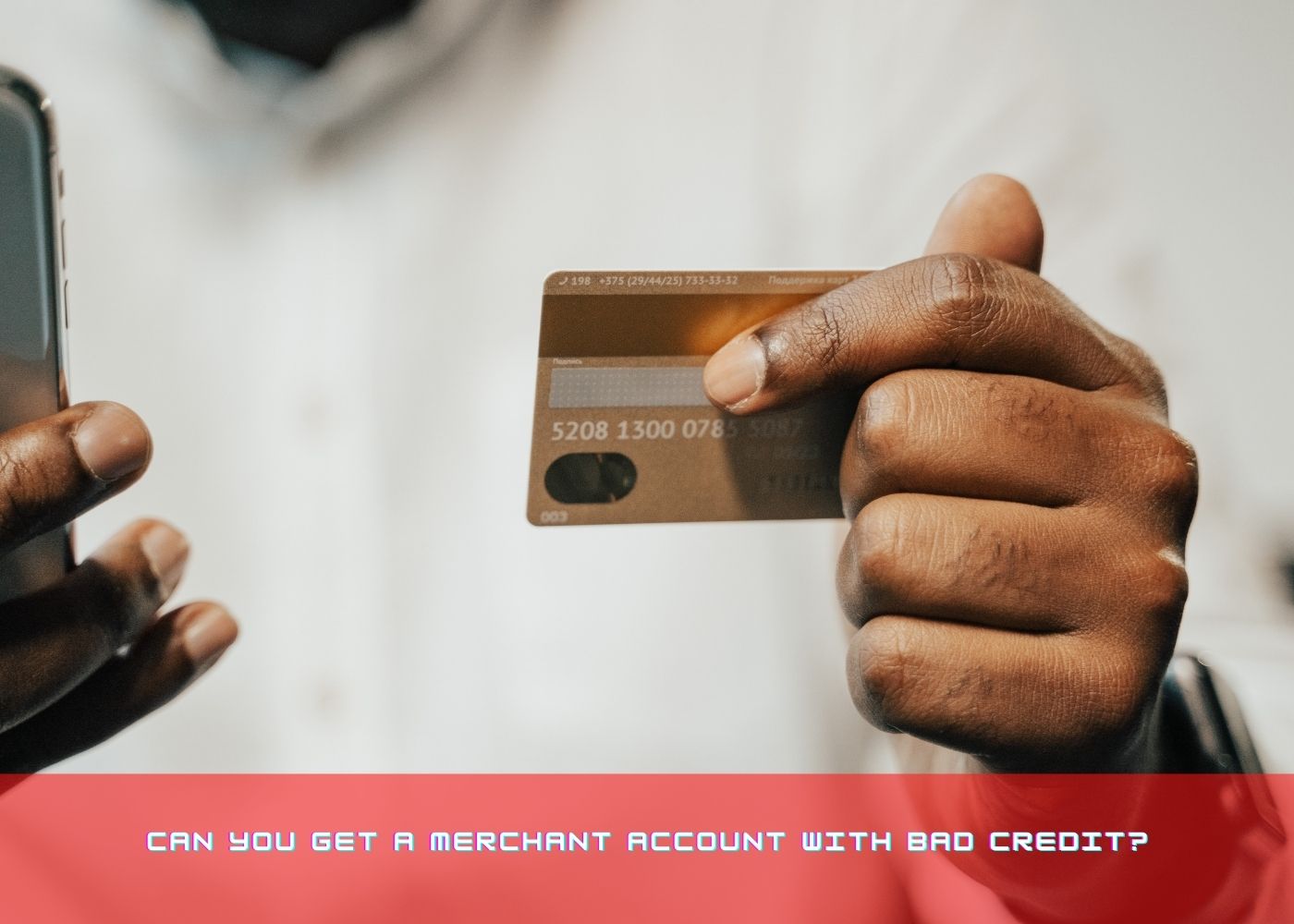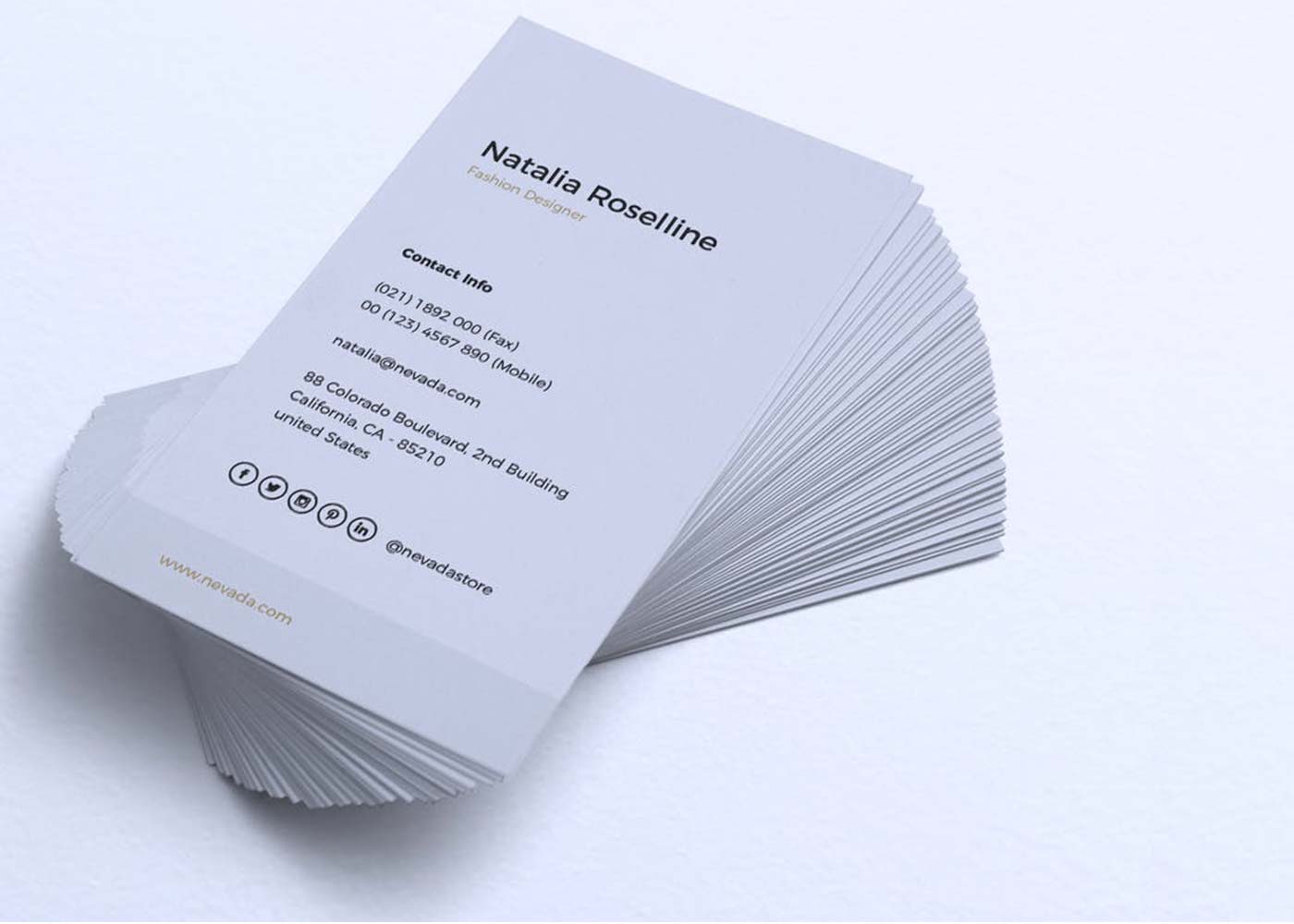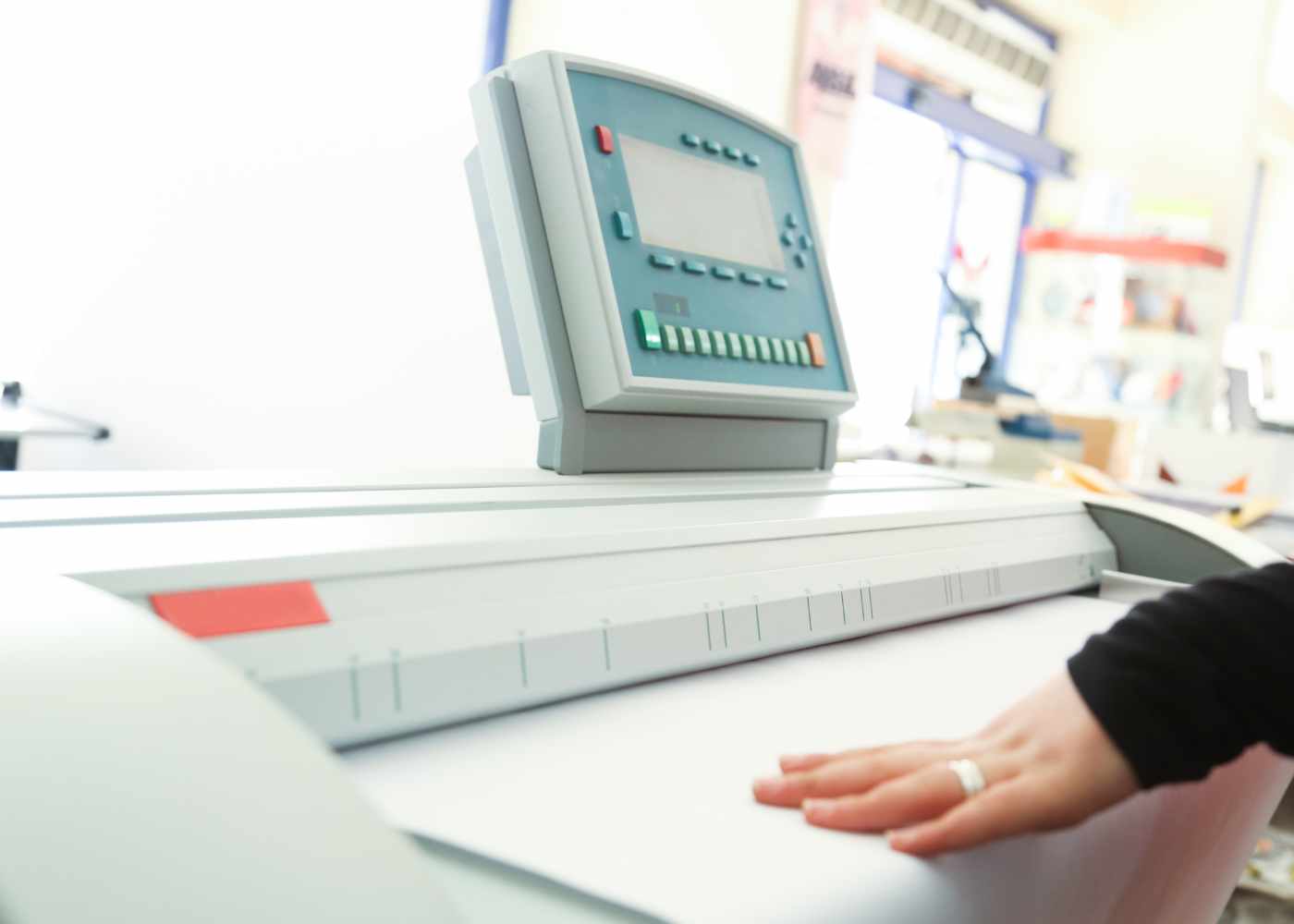
Don't get discouraged if you've been denied a merchant account due to poor credit. Here's all you need to know about credit scores and how they affect payment processing.
Few problems are as frightening as getting authorized for a merchant account if you've had a bankruptcy as a first-time business owner.
While most ordinary businesses will be classed as low-risk and have little difficulty obtaining a merchant account, many unique variables can cause you to be labelled as high-risk. Don't know if you're a high-risk person?
According to the company's 2015 Vantage Score 3.0 data, Experian believes that 30% of Americans have low or terrible credit. Furthermore, due to their poor credit scores, those with scores between 300 and 600 are likely to be denied access to suitable loan opportunities.
We'll explain the meaning of a bad credit merchant account and give you a rundown of the top suppliers who provide them in this article.
We'll also throw light on some ideas on choosing the best bad credit merchant account provider for your business and a quick primer on the elements that affect your credit score.
What Is A Bad Credit Merchant Account?
A bad credit merchant account has been provided to a business owner with a poor personal credit score or a history of bankruptcy.
Because bad credit merchant accounts are considered "high-risk," they are much more expensive than low-risk accounts.
Let's share six essential pieces of information required for your high-risk merchant account application.
- Business license documentation.
- Bank Statements.
- Business Incorporation Documents.
- Processing Statements from previous providers, if any.
- Information on previous chargeback history.
- Business incorporation documents.
Top 5 Best Bad Credit Merchant Accounts
Any company specializing in high-risk accounts can give you a bad credit merchant account.
Contract terms, processing rates, and account fees differ greatly depending on the company, so be prepared to haggle. Also, keep in mind that the criteria for being classified as a bad credit merchant vary slightly.
Here's a quick pointer for the best merchant account providers we've come across that will work with you if you have bad credit:
Payment Cloud
PaymentCloud is a payment processing company that focuses on e-commerce, MOTO (mail order/telephone order), and other high-risk enterprises.
PaymentCloud has effectively worked with these difficult-to-place merchants that Stripe and Dharma Merchant Services, two of our favourite processors, recommend when they can't get an account set up.
PaymentCloud's success can be attributed to its exceptionally hands-on approach during the initial application and underwriting process and the extensive follow-up support and advocacy provided to existing clients.
PaymentCloud doesn't charge an application or account setup fee, despite the substantial underwriting required to onboard a high-risk organization.
Soar Payments
Another highly-regarded high-risk specialist that accepts bad credit merchants is Houston-based Soar Payments. The company provides a comprehensive range of goods and services for retail and online businesses and supports many prominent third-party payment gateways.
Unlike many high-risk providers, Soar Payments' website has a wealth of information about ways bad credit merchant accounts conduct their activities and why you might need one. It also includes broad guidelines for determining the minimum credit score required to open an account.
It states, for example, that if you own a credit repair company but have a personal credit score of less than 550, your application will likely be denied. Isn't it shocking?
Soar Payments employs many automated processes to reduce the time to apply for and get accepted for an account. The underwriting process, however, does not assume any shortcuts.
This is a positive thing because your merchant account will remain steady, with little risk of being frozen or terminated unexpectedly. The best part is that there is no application or account setup fee for this service.
E-Merchant Broker
High-risk merchants, particularly those with bad credit, are frequently required to apply with many providers before being approved for a merchant account.
eMerchant Brokers can assist you if you're experiencing trouble getting approved for a merchant account. The company has a high acceptance rate and can often acquire a merchant account even if other suppliers have turned you down.
Methods to Get a Merchant Account with Bad Credit
Acquiring a merchant account with negative credit is essentially the same as getting a merchant account with good credit. Your options for available suppliers who are willing to work with you, on the other hand, will be significantly more limited.
Here's a quick rundown of the steps, along with some pointers to get you started:
- Investigate as many providers as possible who specialize in working with negative credit merchants, ensuring they supply the products and services you'll require.
- Get quotations from a few of the most qualified prospects (we recommend getting at least three quotes).
- Negotiate with the most qualified applicant to guarantee you get the best bargain possible. This is where you can (hopefully) request a processing rate reduction or, if applicable, the forgiveness of your early termination cost.
- Fill up an application and include all relevant information about your company. Expect to wait while your application is processed.
- If accepted, go over all the contract materials carefully before taking and signing up. If you're turned down, move on to the next most prospective individual and resume the procedure.
Conclusion
If you're a high-risk merchant with bad credit, it may appear that starting an online business is impossible. However, don't choose the first company you come across; search around and speak with different processors until you discover one that offers affordable rates, has fair contract conditions, and meets your requirements.
Financial papers, such as bank statements or a history of processing, should also be provided to demonstrate your financial stability. You'll ultimately receive an acceptable offer on something all-around advantageous after actively negotiating with various companies.
You may eventually qualify for a low-risk account, saving you significant money on credit card processing fees. Meanwhile, having negative personal credit might make other parts of running a business more difficult, such as getting a business credit card or obtaining a loan.




















Comments (0)
Write a Comment